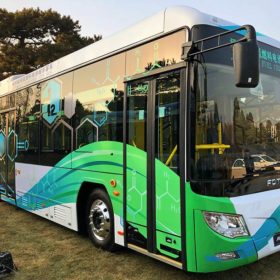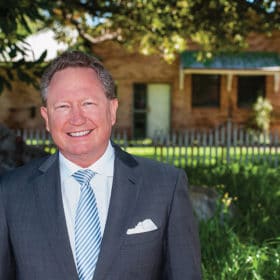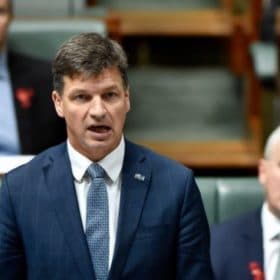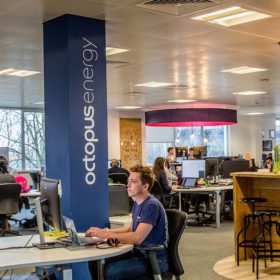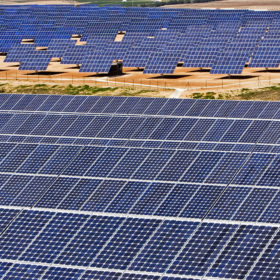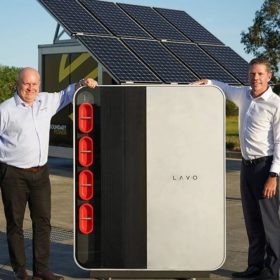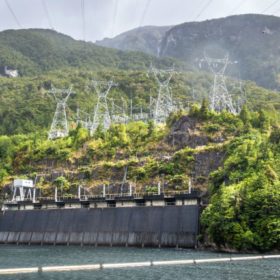‘Good portion’ of NSW’s bus fleet to run on hydrogen as state launches collaboration platform
As Australia’s most populace state, New South Wales, prepares to put out its hydrogen strategy roadmap later this year, the state is planning to use hydrogen to power its public transport fleets and will soon launch a digital collaboration portal.
Indian tenders hydrogen fuel cell technology for trains
The Indian Railways initially plan to convert diesel-powered trains in the 89km Sonipat-Jind section of Northern Railway to run on hydrogen. The hydrogen fuel cell retrofitment kit, along with the balance-of-plant and energy storage and hydrogen storage modules, will replace the existing power-train items onboard 1,600HP diesel-electric multiple unit (DEMU) rakes.
South Australia identified as possible base for international hydrogen supply chain
Japan’s biggest oil refiner Eneos and French renewables developer Neoen have announced they will undertake a joint study looking at the potential development of an international supply chain for an affordable and stable supply of green hydrogen produced from renewable energy in South Australia.
Australian firm partners with JSW Energy on green hydrogen projects in India
Australia-based Fortescue Future Industries has partnered with JSW Energy arm on green hydrogen production and application in India.
Taylor makes second attempt at knifing ARENA
The Morrison government and Energy Minister Angus Taylor have made a renewed attempt to expand the remit of the Australian Renewable Energy Agency to include technologies using fossil-fuels. The Senate, which blocked Taylor’s previous attempt to illegally siphon funding from renewables in June, is set to sit today and the outcome is far from certain.
AEMO’s 2021 IASR sets new scenarios and ambitions for Australia’s solar industry
Solar PV is an important contributor to all energy scenarios presented in AEMO’s latest “Input, Assumptions and Scenarios Report,” but what’s the best possible outcome it can enable?
How Origin can pull the plug on gas and top Australia’s clean-energy leader board!
Australia’s big energy providers are being forced to take stock of the costs of fossil fuels versus renewables. One industry analyst and commentator has a fresh recipe for success for Australia’s biggest wholesaler and retailer of gas.
Aldoga Solar Farm’s 600 MWp expansion receives approval
Acciona Energía has received approval from the Queensland state government for an expansion of its plans for the Aldoga Solar Farm outside Gladstone. Originally slated as a 250 MW project, the project will now reach a capacity of 600 MWp and work to support the development of Gladstone’s green hydrogen hub.
Partnership to explore hydrogen technology in standalone systems
Standalone power system specialist Boundary Power has teamed up with Australian hydrogen technology company LAVO to investigate the potential application of its renewable hydrogen energy storage system in power solutions suitable for off-grid and edge-of-grid customers.
New Zealand reveals plans to join global green hydrogen race
New Zealand could be home to the world’s largest green hydrogen production plant with gen-tailers Meridian Energy and Contact Energy teaming up to explore the potential development of a large-scale facility in the island nation’s southernmost region.
